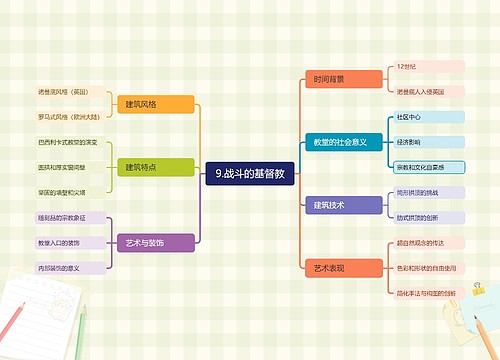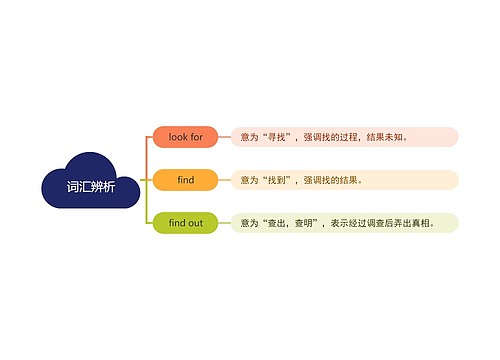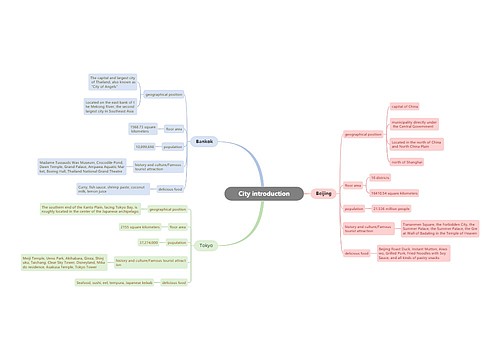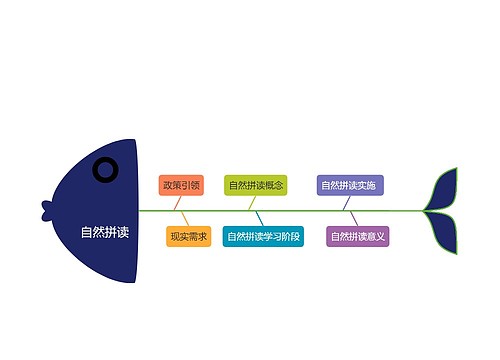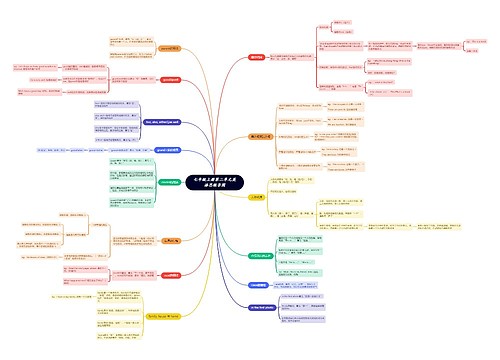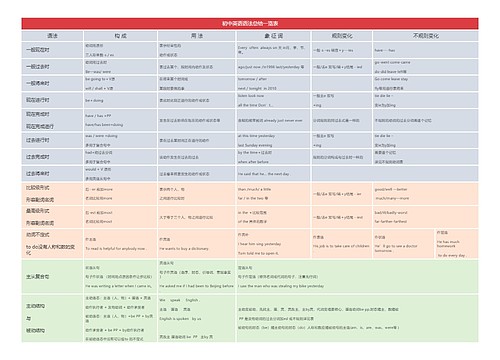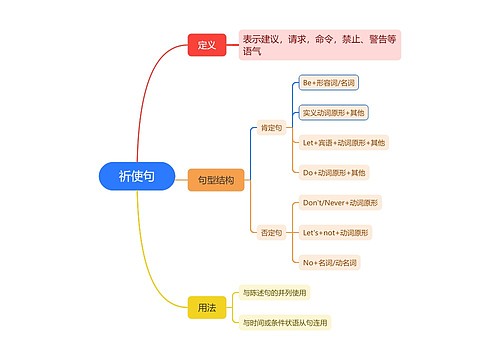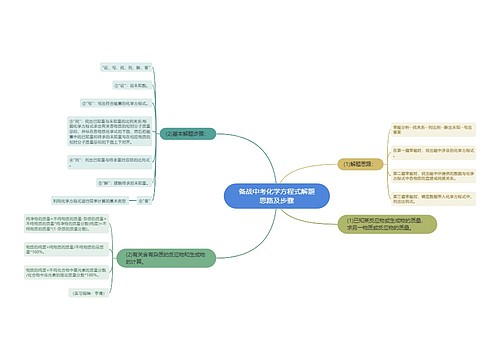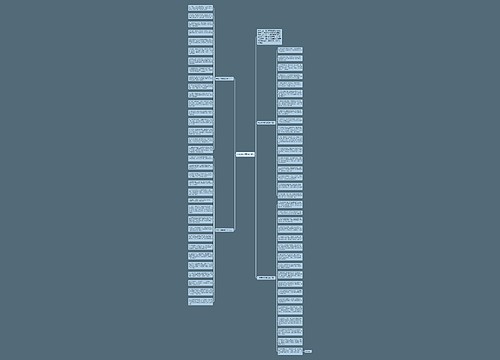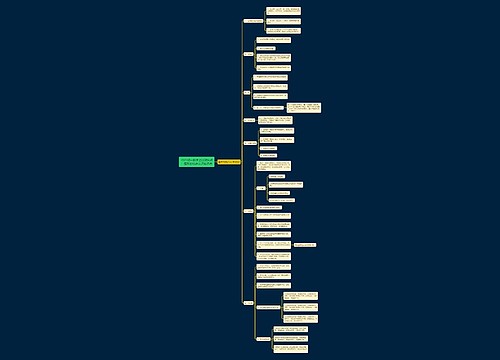(1)定冠词的用法表示上文中所提到过的人或物。
eg:I have two children, a boy and a girl. The boy’s name is Mark. The girl’s name is Penny.
(2)特指某(些)人或物。
eg:The girl in a red dress comes from America.
(3)指说话人和听话人都熟悉的人或物。
eg: My shoes are under the bed.
(4)用在形容最高级和部分比较级前,及形容词only, very, same等前面:
Eg: That's the very thing I've been looking for.那正是我要找的东西。
Tom is the taller of the two boys.
He is the only person who didn't pass the exam.
(5)用在序数词前。
eg Monday is the second day of a week.
Where do you live?I live on the second floor.
(6)用在世界上独一无二的事物前(如太阳、月亮、世界、地球、天空、宇宙等)。
eg The moon moves round the earth.
(7)用在某些形容词前,表示—类人或物。
therich(富人),the poor(穷人),the deaf(聋人),the blind(盲人),the dead(死者),the wounded(伤员)
(8)用在姓氏复数前,表示"某某—家人"或"某某夫妇"。
eg. The Greens are having dinner at home.
(9)用在乐器前。(但中国民族乐器前不用冠词,play Erhu拉二胡)
eg. play the piano/guitar/violin/drums.
(10)用于逢"十"的复数数词前,指某个世纪中的几十年代或人的大约年岁。
eg. In the 1970s, a highway was built to linkup the city with my hometown.
I think he is in the thirties.
(11)用在江河、海洋、山脉、湖泊、群岛的名称的前面。
the North China Plain 华北平原
(12)用在由普通名词和另外一些词构成的专有名词前面。
the Beijing Railway Station 北京站
the People's Republic of China 中华人民共和国
(13)含有定冠词the的词组。
in the morning (afternoon ,evening )在上午(下午、晚上)
go to the cinema (theatre ,concert…)去看电影(看戏、听音乐会……)
on the one hand , on the other hand 一方面……;另一方面
表示某一类人或事物时,以下三种方法都可以。如:
The horse is a useful animal.(用定冠词)
A horse is a useful animal.(用不定冠词)
Horses are useful animals.(用复数)
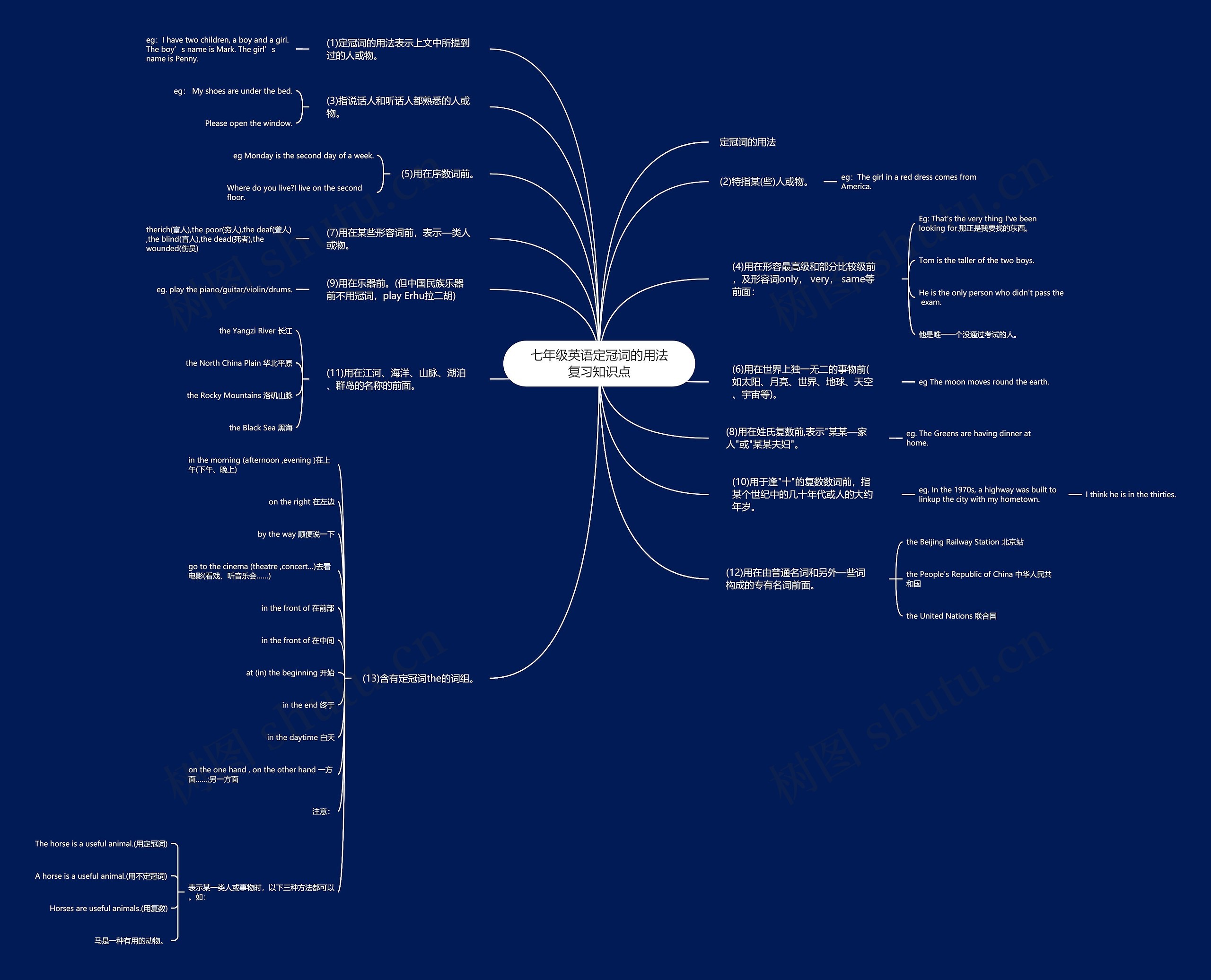
 U633687664
U633687664
 U582679646
U582679646